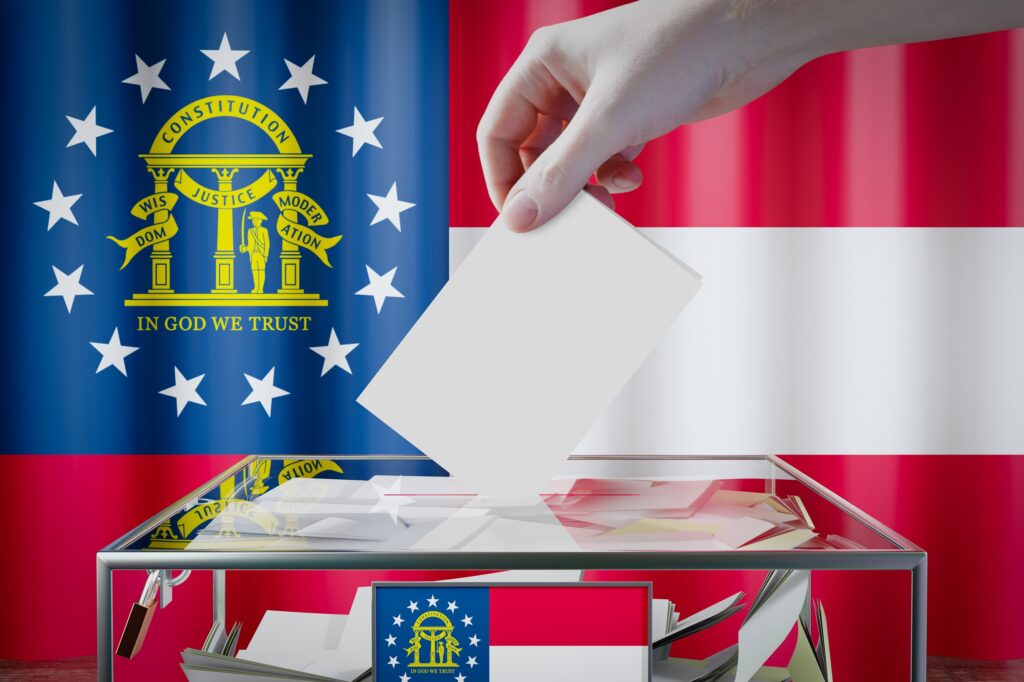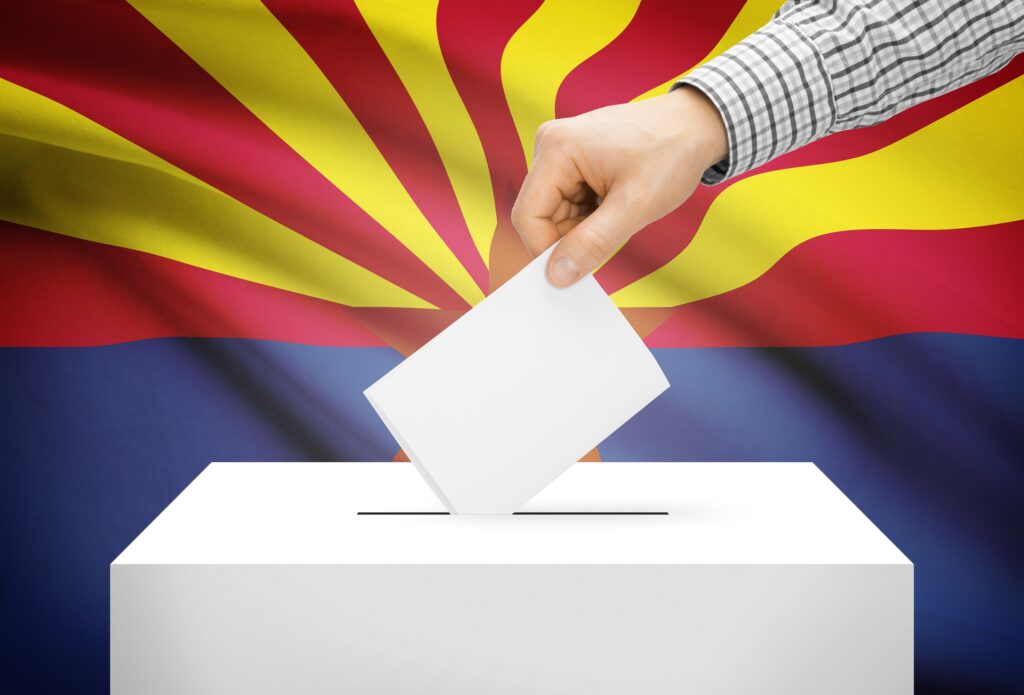New Report: Prioritizing Achievable Federal Election Reform
Author
Co-Authors
Bipartisan Policy Center, R Street Institute, Issue One, American Enterprise Institute, Unite America
Note
Individual policy recommendations are endorsed by this group as part of a comprehensive package. The purpose of this report is to highlight the synergy of these measures to strengthen our elections and encourage both parties to develop joint proposals in four key areas.
Press Release
States should run elections. Here’s how they can run them better.
Media Contact
For general and media inquiries and to book our experts, please contact: pr@rstreet.org
Introduction
Stark partisan dividing lines in Congress currently distract from potential areas of common ground in fostering an election system that puts voters first by being fair, accessible, secure, and transparent. These crucial topics include voter registration, voter identification, options to vote before Election Day, clean and accurate voter rolls, and audits.
This report outlines a realistic framework for bipartisan election legislation. If implemented, this framework would massively improve election administration and Americans’ voting experience.
Federal election legislation, while rare, has a long track record of being bipartisan. For as much attention as members of Congress and the public have paid to how Americans vote, the most recent comprehensive elections bill passed in October 2002. But the urgent need for shoring election infrastructure becomes more obvious with each election.
This report authored by a working group of five nonprofit think tanks elevates the election and voting reforms that have gotten lost in the highly partisan federal debate about elections. The working group comprises individuals from five nonprofit think tanks from across the political spectrum: Bipartisan Policy Center, American Enterprise Institute, Issue One, R Street Institute, and Unite America. The data used in this report is sourced from Voting Rights Lab. We came together to publish this report to ensure that important concepts—such as accessible voter registration and accurate voter rolls—are understood to be nonpartisan proposals that will improve elections and not benefit one party more than another.
Many of the policy suggestions outlined in this report draw on recommendations made by BPC’s Task Force on Elections, which includes 29 state and local election officials from 20 states devoted to making meaningful improvements to U.S. elections. The report references the task force’s recommendations made in Logical Election Policy, Improving the Voting Experience After 2020, and Bipartisan Principles for Election Audits.
The proposals in this report also align with several findings from commissions focused on U.S. democracy, including the Carter-Baker Commission, a 2005 bipartisan group that produced 87 recommendations on federal election reform that was revisited in 2021 through a series of webinars. The recommendations also track the Presidential Commission on Election Administration, a task force led by Bob Bauer and Ben Ginsberg that produced a report with recommendations for state legislative action in 2014.










